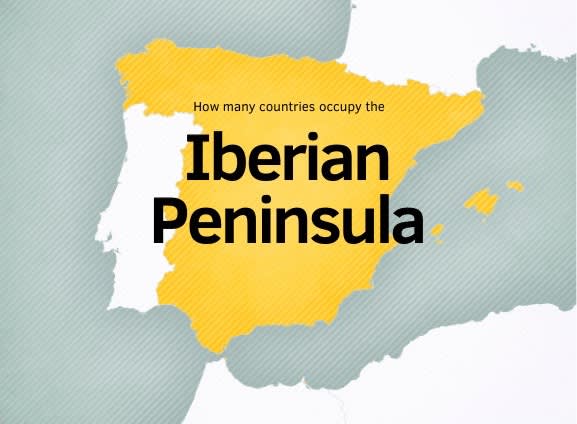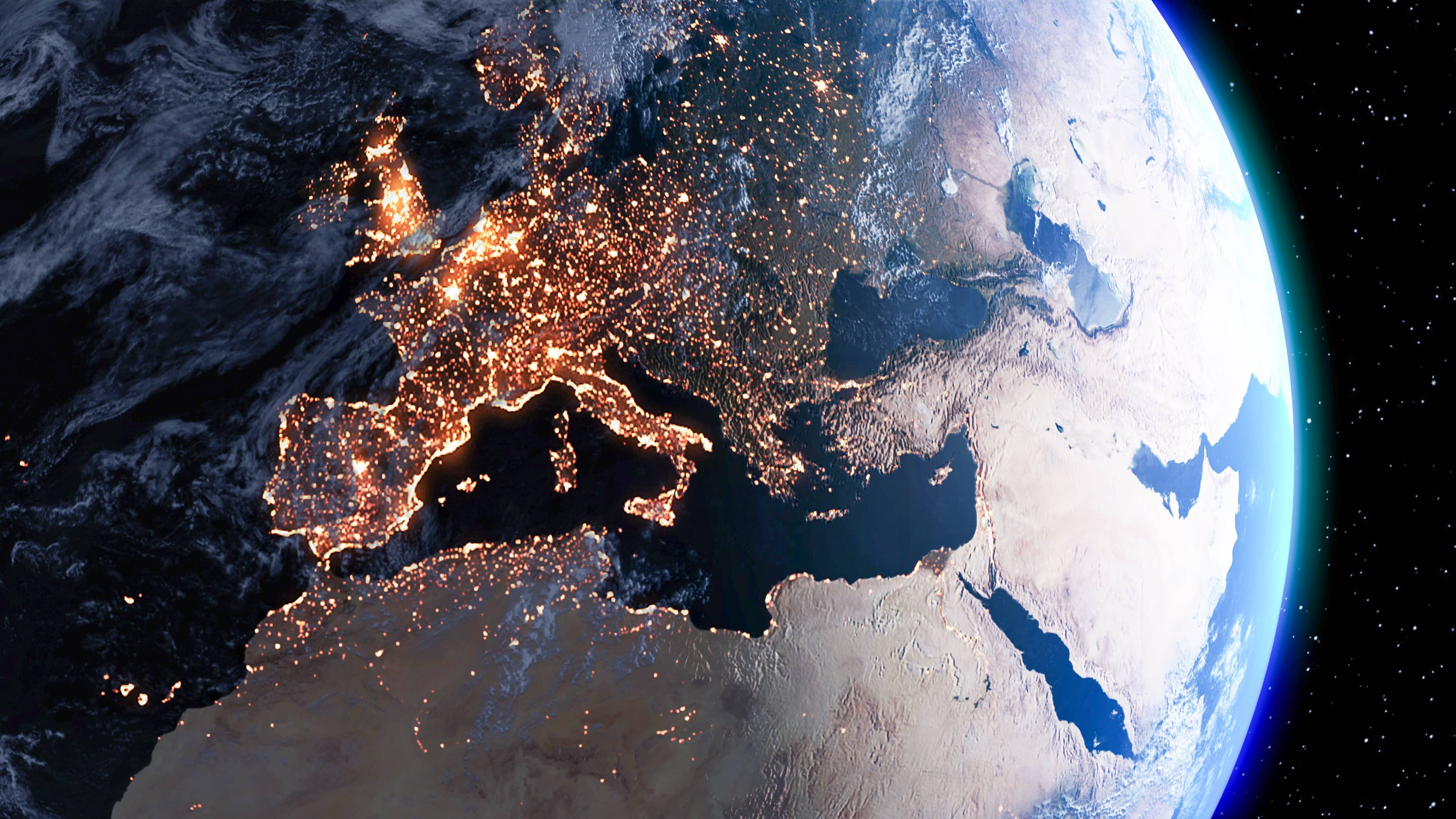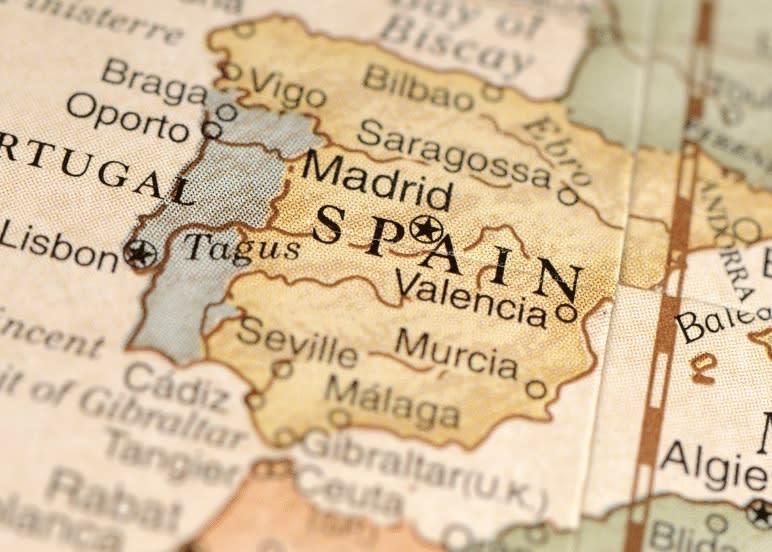The Language of Iberian Peninsula: Interesting Facts We Should know!
September 28, 2022
Win a FREE Trip to Spain!
Exciting Announcement! For the first time, we're thrilled to offer exclusive trips to the heart of Spain - an experience like no other. This isn't your typical tourist journey; it's a unique opportunity to immerse yourself in authentic Spanish culture, alongside real locals and our passionate team.
But there's more! Simply by requesting information about this amazing trip, you'll be entered into a special draw to win a Fully Paid Trip to Spain for Two. And that's not all - everyone who inquires will receive an exclusive bonus gift, valued at $500, available only now.
Ready to Discover the Real Spain?Click Here ↑ to Request Information & Enter the Draw!
Are you ready to trace back the current languages of the Iberian peninsula?
Don’t worry! I promise I won’t make it boring, but I believe we should all know this fact: the Romans ended with the original language of our ancestors.
I think we all have that one friend that knows absolutely everything. Sometimes we like him, and sometimes we don’t. Today you are going to become THAT friend. I will give the little-known facts about the Iberian peninsula language that even your geekiest-history friend won’t know.
Get ready to win over a history trivia (I would make an exciting bet knowing you will win), and learn about our Iberian ancestry.

What was the Iberia Peninsula Language?
I have been reading for hours. Not exaggerating. Hours!!! If real historians and philologists read this, they will say I am exaggerating. But still, I think now I have the best facts for you all. So, let’s begin with a straightforward answer.
The Iberian peninsula language was spoken by the Ibero civilization that occupied the entire east coast of the Iberian peninsula from 600 B.C.E. to 200 A.D. This language is considered a non-Indo-European dialect, and it became extinct after the Roman Empire took over.
The Iberos weren’t alone in the peninsula. The Celts also took part of the western territory, what would be modern-day Galicia. The result of them sharing territory was the Celtiberians.
The Iberian language came into contact with the Phoenician and Greek. And it was the Greeks who gave a name to the civilization; they used to call them “Ibere,” which is believed to come from the Ebro River.
There is a lack of historical documentation about the Iberian language, but there is evidence that their script had 28 syllabic and alphabetic characters. It is speculated that the Iberian script was created once they came in contact with the Phoenicians and Greeks because the system is pretty similar.
The Iberians got along with the Phoenicians and Greeks. There was no relevant confrontation between these 3 civilizations. Actually, the Iberians were influenced by the Carthaginian (Phoenician) trade and colonies. The original civilization of the peninsula was developing its economies and expanding its settlements until the Roman Empire decided they wanted the land for themselves.
What happened to the Iberian Peninsula Language?
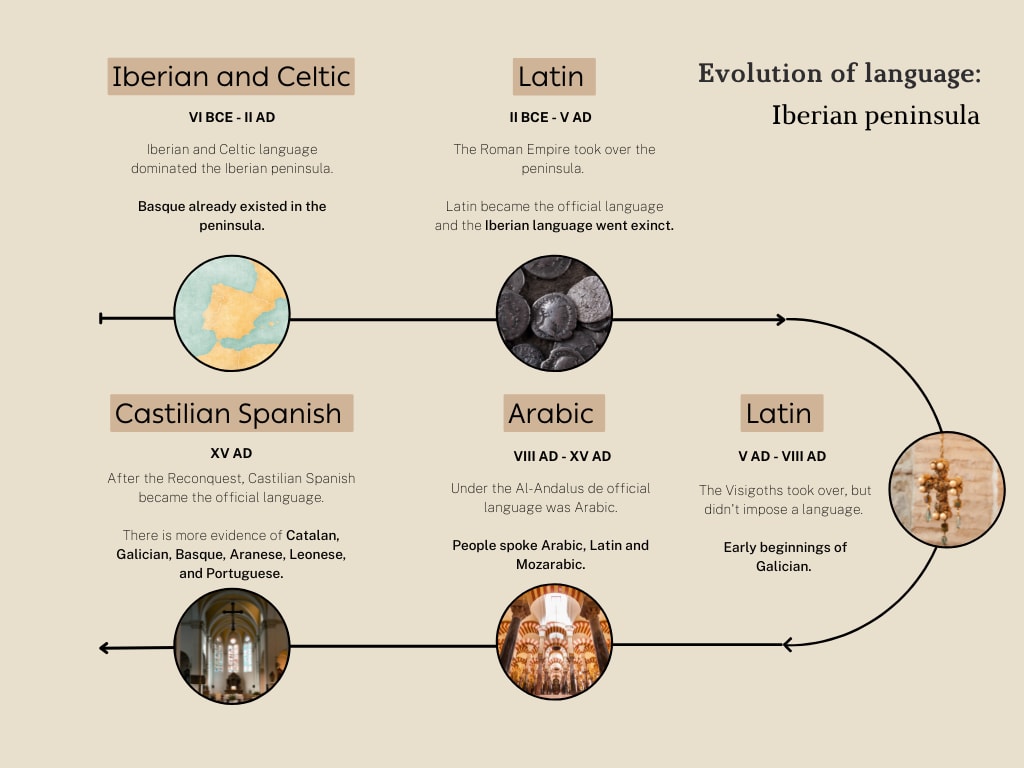
What happens when a superpower suddenly decides they want more land? You guessed right. War.
Phoenicians and Greeks had been coexisting with the Iberians until the Roman Empire decided to take over everything through confrontation. The Iberian language and writing system remained until the Roman Conquest. After the conquest was over and the peninsula became Hispania, the Latin alphabet came to use, and the Iberian language was lost forever.
What were other languages present in the peninsula besides Iberian and Celtic?
The main languages present in the Iberian peninsula before the Roman Empire were Iberian, Celtic and Basque.
Well, there is historical evidence based on archelogy and genetic studies that proves that Basques (from Vascones) existed since the Neolithic period and that they were an isolated civilization. So, Euskera or Basque has lived since Castilian was even a possibility. The Vascones fought for the culture against the Romans until their fall in the 2nd century (192 B.C.).
What happened to the language in the peninsula after the Roman Empire?
From the 11th century B.C.E. to the 5th century C.E., Latin was the official language of the Iberian peninsula. After the Roman Empire fell to the Visigoths in the 6th century, Latin remind the official language. This new empire found a lot of resistance and decided to blend in.
It is believed that the origins of the Galician language began under the Visigoth Kingdom. It developed as a vulgar Latin in previous Celtic lands.
Latin remind under the Visigoths, but they didn’t run the same luck under the Al-Andalus. From the 8th century (711 BC) to the 15th century Arabic became the official language of the Iberian peninsula. For nearly 800 years, the people living in Al-Andalus were bilingual. Besides Arab and Latin, there was a third dialect known as Mozarabic, which refers to an “Arabized” Latin spoken by the Iberian Christians under Muslim rule.
After that, what was the origin of the present Castilian Spanish that appeared in northern Spain around the 11th century and became formal Castilian in the 13th century? It was the language of the kingdoms fighting in the Reconquest.
What modern languages come from Iberian?
None of the modern languages we speak now come from the original Iberian peninsula language. Most of tour modern languages evolved from Latin. They went from vulgar Latin, different in each region of the peninsula, to what we know as romantic languages. Spanish, Portuguese, and Catalan are modern romance languages on the Iberian peninsula.
However, from the end of the Reconquest until now, the Iberian peninsula has had 8 languages:
- Castilian Spanish (Spain)
- Portuguese (Portugal)
- Catalan (Spain and Andorra)
- Basque (Spain)
- Galicia (Spain)
- Leonese (Spain)
- Aranese (Spain)
- Valencian (Spain)
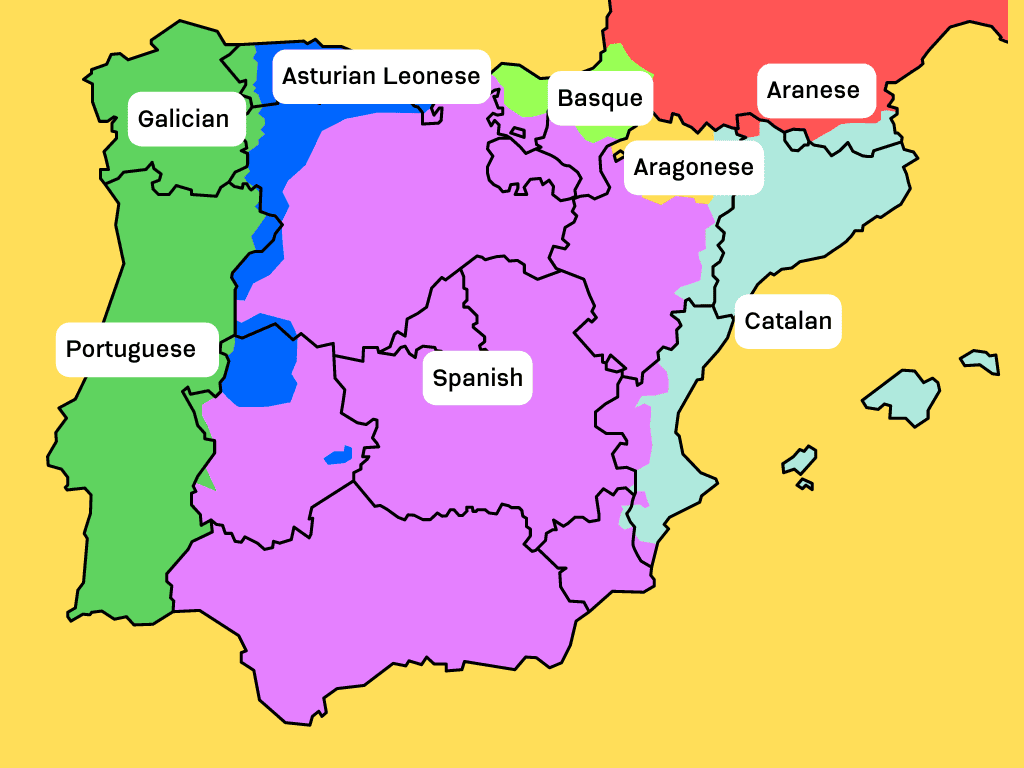
Okay, don’t tell, knowing this isn’t exciting! Maybe I am too invested in our proud on this one, but I think that very few people have this information in a concise summary.
Now you know that before any other language, before the existence of Castillian Spanish and Portuguese itself, there was an original Iberian language in the peninsula. This land had real Iberian people with their language. It lasted as long as it could until the Romans took over for over 700 hundred years.
So, deep, deep, very deep into your genes lies an Iberian D.N.A. Talking about genes, the Iberian peninsula has always been a kind of crossroads.hat is why our ethnicity is a curious matter to study and why we are so diverse. Beside that, now you have the list of modern languages on the Iberian peninsula. You are free to learn any of these languages to visit us soon. Also,



